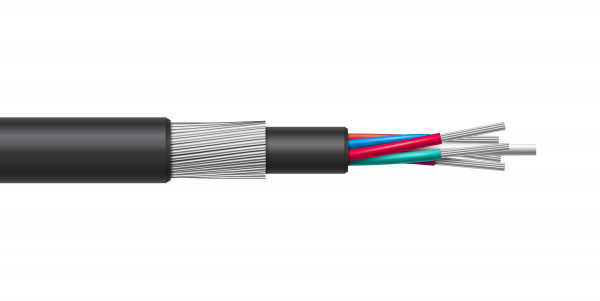Enterprise Resource Planning (ERP)
Re-evaluate the modernization of ERP to renew, reconfigure and rationalize.
Our Offerings
ERP Strategy & Advisory Services
Implementations, Migrations & Upgrades
Business Process Improvement & Automation
Application Development & Integration
Application Maintenance & Support Services
Supply Chain Management (SCM)
Increase value for the customers by reducing costs, improving Logistics and enhancing distribution. Build a robust supply chain by leveraging improved integrated technology.
Our Offerings
Supply Chain & Logistics IT Strategy
Supply Chain Visibility
Demand Driven Supply Chain
eProcurement & Supplier Management
Warehouse Management
Digital Innovation
Managed Testing Services
Application Maintenance & Support Services
Customer Relationship Management (CRM)
Implement AI- enabled CRM strategies to promote customer engagement, loyalty and retain the best customers.
Our Offerings
CRM Solutions Implementation Services
Managed Testing Services
Application Maintenance & Support Services
Human Capital Management (HCM)
Improve HR processes, increase efficiency & better manage your most valuable asset- your employees.
Our Offerings
Data Migration & Integration Services
Managed Testing Services
Implementation Services
Application Maintenance & Support Services
Contract Lifecycle Management (CLM)
Improve you contract process, negotiations and cost savings & reduces contract- related risks.
Our Offerings
CLM Augmented Intelligence
Implementation Services
Application Maintenance & Support Services











